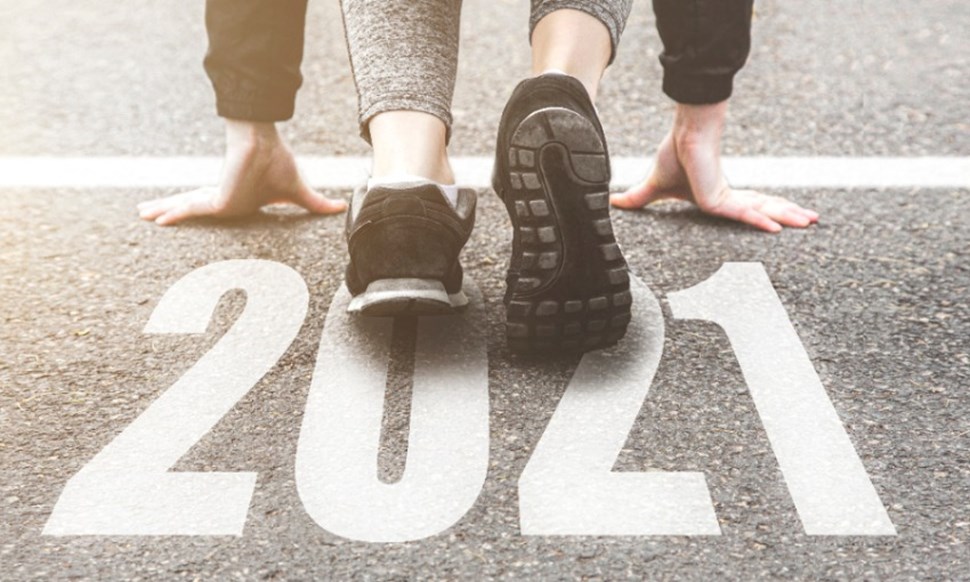Kick-start the new year with healthy habits.
We had big plans for 2020, didn’t we? While the Covid-19 pandemic halted many of these plans, we also learned a lot about ourselves and the world, lessons we can certainly take into 2021.

We had big plans for 2020, didn’t we? While the Covid-19 pandemic halted many of these plans, we also learned a lot about ourselves and the world, lessons we can certainly take into 2021. One such skill that undeniably set certain people apart from the rest last year was their high level of resilience when faced with uncertainty. Developing resilience is an important tool to help you deal with stress, which could be linked to work pressures, your family, being diagnosed with a terminal illness or dealing with the anxiety of things like the pandemic.
Wellness is a broad concept which has many dimensions, including emotional, physical, occupational, intellectual, financial, social, environmental, and spiritual aspects. With this in mind, our first 2021 wellness communication focusses on resilience.
Psychologists define resilience as the process of adapting well in the face of adversity, trauma, tragedy, threats, or significant sources of stress—such as family and relationship problems, serious health problems, or workplace and financial stressors.
Dealing with a crisis might make you feel like burying your head in the sand, but there are more productive ways to deal with challenges we face. And in fact, times of crisis are the best times to learn and practice resilience. There’s an old saying that goes: “Out of adversity comes opportunity”. With this in mind, if we address every crisis with the attitude that we need to discover the learning opportunity concealed in the crisis, our approach and our resilience to the crisis will change.
The key to becoming more resilient, as reported by several professionals, can be achieved by focusing on what is within your control:
Ways to support your mind and body:
1. Avoid burnout by creating habits that allow daily downtime: this could be napping, meditation, or simply lying still and listening to music. At least once a year, take time off work to go on holiday or to break your normal routine while doing things that you enjoy (eight days or longer). This allows your brain to replenish, improving your attention, motivation and productivity.
2. Exercise: research has shown that people who exercise tend to have a great sense of achievement and feel good about themselves. Exercising is a way to detach from work, not just physically but also psychologically.
3. Eat a healthy breakfast every day: The brain’s ability to store energy is limited so, after several hours of sleep, you need to replenish energy by breaking the overnight fast. Breakfast contributes towards immediate and long-term nutrition, allowing for improved cognitive and learning abilities.
4. Stop smoking and overindulging in alcohol: Drugs and alcohol, as well as smoking, are not only bad for your health but they impair productivity. They also reduce your immunity against various diseases, including cancers.
5. Counting your coins is a great way to alleviate financial stress: Crafting a budget and sticking to it isn't just for people who've run into hard times. A budget is a stress reducer as it helps you build savings, meet financial goals, get out of debt and build self-discipline.
Try incorporating some of these habits and start developing more resilient characteristics.
Want to better understand the mental health benefits offered through your medical scheme? Click here or Contact your Sasfin Healthcare Consultant today.